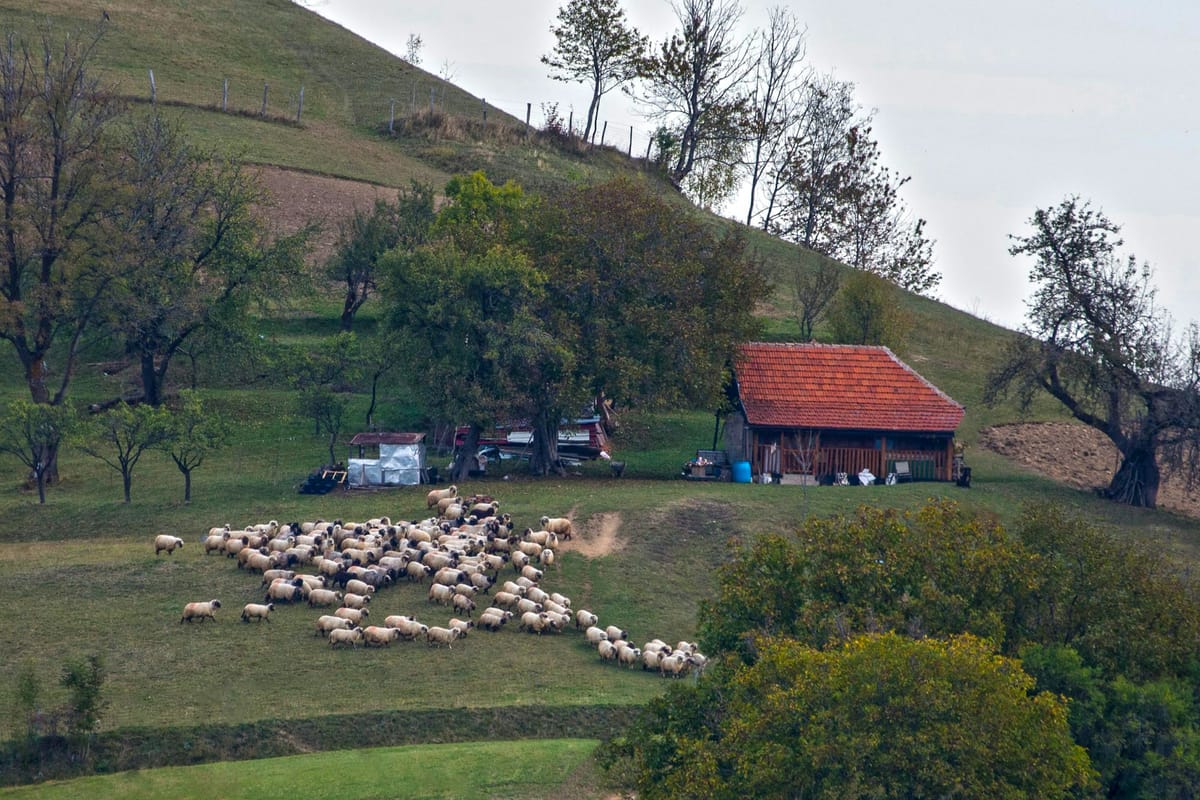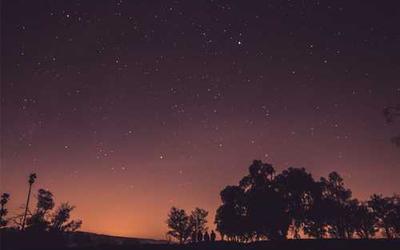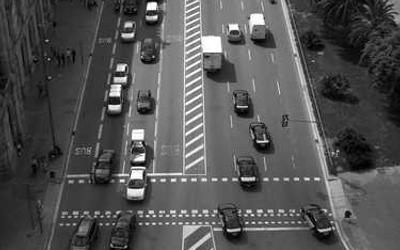🇷🇴 Romania
Romania Travel Guide - EU's Cheapest Tech Hub Locals Share Transylvania Reality
3 destinations · Budget level 1
Overview
Romania is EU's last frontier - cheapest tech hub, fastest internet globally, but locals still fight corruption daily. Romanian identity crisis permanent: Latin language surrounded by Slavs, Orthodox in Catholic Europe, EU member but Schengen-rejected, developed cities with medieval villages 50km away. Locals navigate contradictions with black humor and țuică (plum brandy firewater). Ceaușescu's communist nightmare ended 1989, but locals remember rationing, secret police paranoia, abortion prohibition horror - this trauma creates resilient, cynical, entrepreneurial culture. Tech boom recent - Cluj rivaling Bucharest, foreigners discovering what locals knew: gigabit fiber €10/month, mici (grilled meat rolls) €5 feeds three, Carpathian mountains 30min from cities. Regional rivalries intense - Transylvanians mock lazy Moldovans, Bucharesters dismiss provincial Cluj, everyone united only in hating politicians and loving mămăligă (polenta). Brain drain massive - locals' siblings in London/Munich/Madrid, remittances sustain families, 'plecat' (gone abroad) universal experience. Digital nomads find what locals escaping - cheap EU living, but visa bureaucracy nightmare for non-EU. Locals warn: we're getting expensive fast, Prague trajectory imminent, come now before Airbnb ruins us too.
Travel tips
Țuică Ritual Mandatory: Refusing homemade plum brandy insults deeply, locals toast everything, breakfast included, alcoholism normalized culturally. Dracula Jokes Tiresome: Locals eye-roll at vampire obsession, Vlad Țepeș historical figure not Halloween costume, change subject quickly. Regional Identity Sacred: Never call Transylvanian 'Romanian' first - they're Transylvanian, never confuse Moldova region with Moldova country, locals correct aggressively. Communist Past Touchy: Older generation traumatized, younger generation commodifies ironically, read room before Ceaușescu jokes. Stray Dogs: Bucharest especially, don't feed or pet, locals ignore them, rabies risk real, authorities incompetent handling this. Cash Still King: Cards work cities, villages cash only, locals distrust banking system post-communist scams, ATMs occasionally empty rural areas.
Cultural insights
Romanian culture forged through survival - Ottoman vassalage, Austro-Hungarian rule, Soviet domination, then Ceaușescu's unique Stalinist horror. Locals remember 1989 revolution (only violent Eastern Bloc uprising), state orphanages horror, food rationing while exporting everything, banned abortion creating unwanted generation. This creates contradictions - warm hospitality but deep suspicion, family-oriented but emigration epidemic, EU membership pride but corruption fatigue. 'Combinație' culture persists - finding creative ways around rules, locals bribing officials normal, trust in institutions zero. Regional differences profound: Transylvania historically Austrian (punctual, organized, Habsburg legacy), Moldavia traditional Orthodox (grandmas in headscarves, strict customs), Wallachia (Bucharest) hustler mentality, similar cultural complexity found in Budapest's layered history. Locals judge by 'who you know' not merit - connections everything, nepotism accepted reality. Orthodox Christianity resurged post-communism but young generation atheist/agnostic - churches full of grandmas, cafes full of godless youth. Multi-generational living default - property inheritance means kids stay in family apartments, locals live with parents until marriage (sometimes after). Food culture sacred - Sunday sarmale ritual, mămăligă polenta with everything, mici grilled meat Romanian identity. Romania's rich heritage includes UNESCO World Heritage sites like the painted churches of Moldavia and fortified Saxon villages of Transylvania.
Best time to visit
Spring (April-May): Mild weather, blooming countryside, Easter celebrations, temperatures 12-22°C. Summer (June-August): Warm and pleasant, festival season, mountain hiking weather, temperatures 18-28°C. Autumn (September-October): Beautiful fall colors, harvest festivals, comfortable temperatures 10-20°C. Winter (November-March): Cold with snow, Christmas markets, skiing in Carpathians, temperatures -5-8°C.
Getting around
Trains: CFR connects major cities, slower but scenic, first class recommended for comfort. Buses: Private companies better than public, essential for rural areas. Car Rental: Best for exploring countryside and Carpathian mountains, be prepared for variable road conditions. Bucharest Transport: Metro, buses, trams integrated system. Walking: Romanian cities compact and walkable, excellent hiking trails in mountains.
Budget guidance
Budget Travel (€20-40/day): Hostels/guesthouses €8-20, local restaurants €5-12, public transport €0.50-1, free hiking and historic sites. Mid-Range (€40-70/day): Hotels €25-50, restaurant meals €10-20, attractions €2-8, car rental. Luxury (€70+/day): Boutique hotels €50-150+, fine dining €20-50+, private tours, spa experiences. Very affordable by Western European standards.
Language
Romanian is a Latin language, closer to Italian than Slavic languages. Essential phrases: 'Vă rog' (please), 'Mulțumesc' (thank you), 'Scuzați-mă' (excuse me), 'Vorbiți engleză?' (Do you speak English?). English increasingly common among younger people in cities. German useful in Transylvania, Hungarian in certain regions. Learning basic Romanian phrases greatly appreciated.
Safety
Romania is generally safe with low violent crime rates. Watch for pickpockets in busy Bucharest areas and tourist sites. Stray dogs in some cities - don't feed or approach. Mountain hiking requires proper equipment and local guides. Avoid political discussions about historical issues. Emergency numbers: 112 (general). Tap water safe in cities. Pharmacies (farmacie) widely available.
Money & payments
Romanian Leu (RON) is the currency. Cards increasingly accepted in cities, but rural areas prefer cash. ATMs available in all cities and towns. Typical costs: Coffee €1-2, Traditional meal €4-8, Bus ticket €0.50-1, Train ticket €5-15, Mid-range hotel €25-50/night. Tipping 10-15% in restaurants appreciated, round up for taxi rides.
Destinations in Romania

Brasov, Eastern Europe
Brasov: Gothic Spires & Carpathian Soul
The BRASOV Sign Obsession: Locals are fiercely proud of the Hollywood-style letters on Tampa Mountain - they'll correct you if you pronounce it wrong (it's b…

Ploiesti, Eastern Europe
Ploiesti: Romania's Oil Capital
Oil Heritage: City built on petroleum industry, locals are proud of their industrial history. Traditional Markets: Locals shop at century-old markets, avoidi…

Timișoara, Central Europe
Timișoara: Little Vienna, Revolution City
First in Everything: Timișoara locals are incredibly proud of being the first city in mainland Europe to have electric street lighting in 1884 - mention this…
